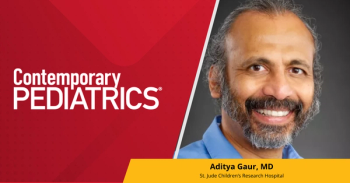
10 personal language (and other) peeves
For clearer communication, clinicians should say what they mean.
Thus, I rarely hear “boy with a cough,” and never hear “baby with a cry” or “girl of 8 years.”
Examples include “upper/lower extremity” (showy; “arm” or “leg” is fine), or “anterior chest” and “dental caries” (both redundant and showy; I know a bone can have “caries,” but does anyone ever use it as such? “Cavity” is a fine word). My least favorite is “static encephalopathy,” used so that a provider can avoid telling parents that their child has cerebral palsy or an intellectual disability.
One cannot be certain, unless the person admits to being a fraud, but one can take an educated guess in many cases. For example, a television doctor has had someone who claims to communicate with the dead demonstrate this ability on his show. He has also presented numerology as a science to his audience. Numerology is akin to astrology, in that one’s date of birth (in the Gregorian calendar only) is said to influence individual aspects such as personality and health. According to this “theory,” based on my time of birth I would have been a very different person had I been born less than 1 hour earlier. Is this an example of quackery or fraud?
Newsletter
Access practical, evidence-based guidance to support better care for our youngest patients. Join our email list for the latest clinical updates.








